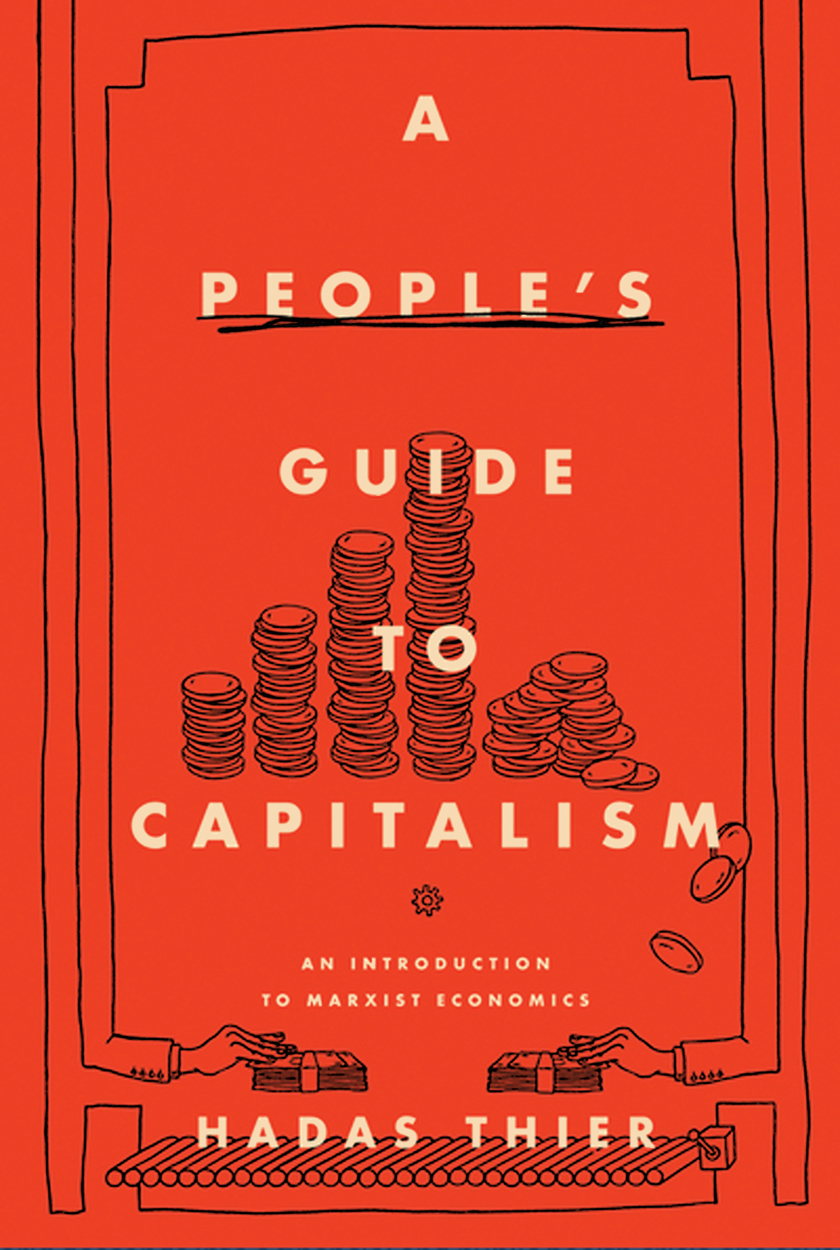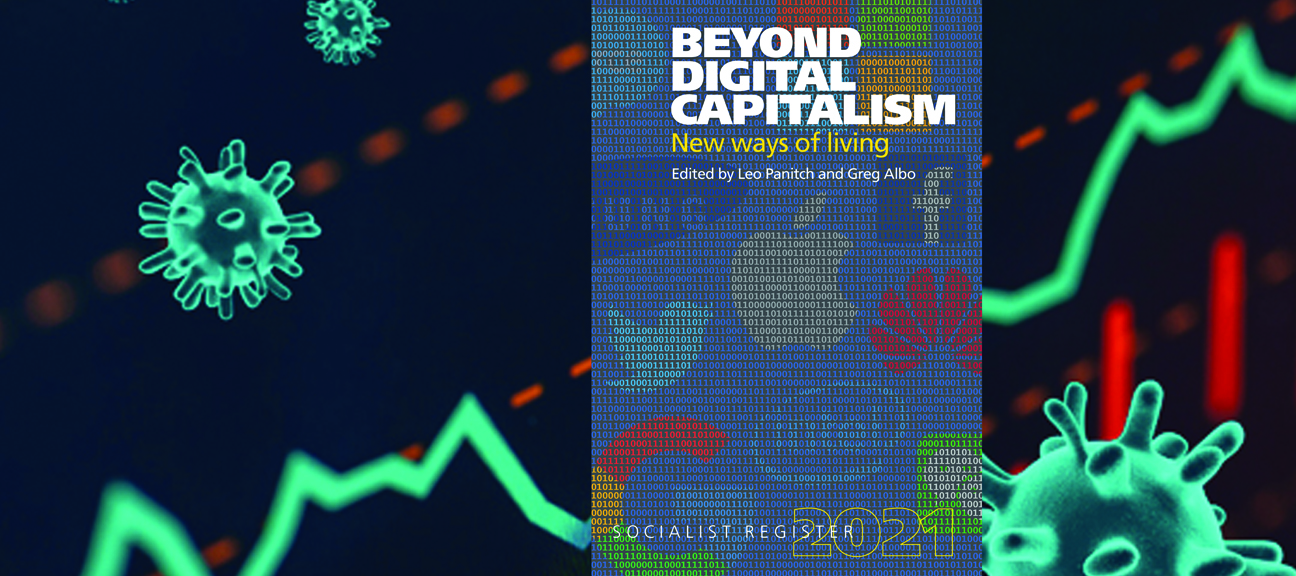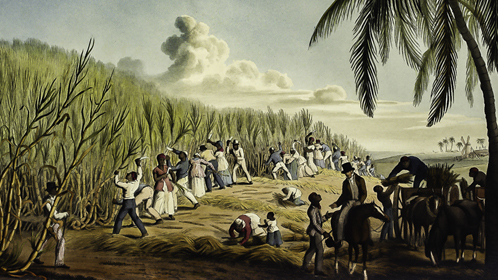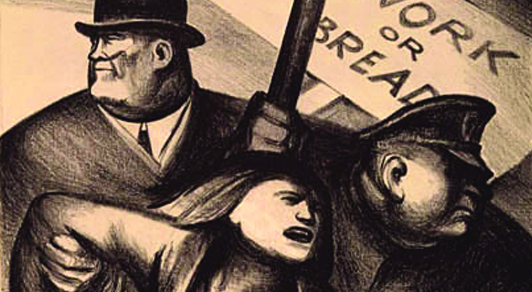A People’s Guide to Capitalism
Online: Zoom link will be provided to registered participantsSocialist Register 2021: Ursula Huws on Reaping the Whirlwind
Online: Zoom link will be provided to registered participantsWeek of Events
A People’s Guide to Capitalism
A People’s Guide to Capitalism
Despite the efforts of mainstream commentators to convince us otherwise, many are asking questions about why the capitalist system has produced such vast inequality and wanton disregard for its own environmental destruction. This book offers answers to exactly these questions on their own terms: in the form of a radical economic theory. The 14-week class which begins in early January will feature a close reading and discussion of the entire book with explication and references to additional materials related to this study.
Socialist Register 2021: Ursula Huws on Reaping the Whirlwind
Socialist Register 2021: Ursula Huws on Reaping the Whirlwind
Greg Albo and Steve Maher will introduce Socialist Register 2021—Beyond Digital Capitalism followed by Ursula Huws presenting on her essay, “Reaping the Whirlwind: Digitization, Restructuring, and Moblization in the Covid Crisis”
Blood and Money
Blood and Money
The birth and development of capitalism since its origins in the fifteenth century is entirely bound up with the subordination of racialized peoples. Even before capitalism arose – in a process Marx termed the “so-called primitive accumulation” – money and markets were implicated in the rise and fall of states and empires that conquered and enslaved vast numbers of human bodies. This group will address these histories and their persisting consequences. We will read and discuss David McNally’s Blood and Money: War, Slavery, Finance, and Empire and Jairus Banaji’s The History of Commercial Capitalism among other works.
Capital, Volume 1, Part 2
Capital, Volume 1, Part 2
Session 2 will complete the analysis of Part I: Commodities and Money, starting with Chapter 2: The Process of Exchange followed by the historical development of the money form in the circulation of commodities. This in turn leads to the Transformation of Money into Capital, positioning the reader to analyze the specific social relations of capitalist production (wage labor and owners of capital) in relation to the forces of production, the means of production.




